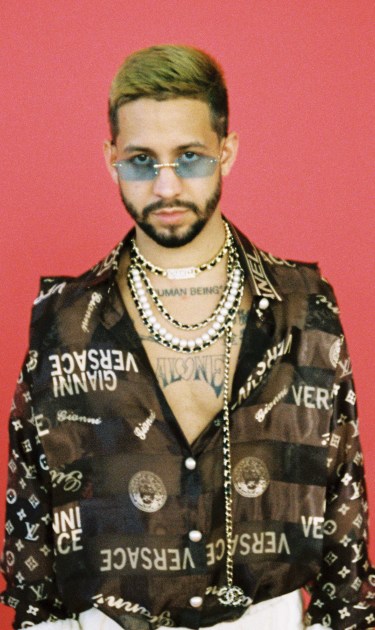2021 is a crucial make-it-or-break-it year for mainstream reggaetón. In a free and enjoyable pre-pandemic life, many hits of the genre gained momentum at events. But we’re all still experiencing the impact of the coronavirus on the music industry: closed clubs, suspended concerts, sealed-off parties, etc.
The sound of Latin pop music must change due to the ongoing circumstances. On El Último Tour del Mundo, Bad Bunny, one of the most outstanding artists in pop music, showed that there’s another path for reggaetón and trap artists: An alternative road in which they can experiment with other aesthetics or rhythms. Mauricio Torres and Andrés Rengifo, acclaimed producers of “Despacito,” told Billboard about the Latin music trends for 2021: “We feel that an urban, less tropical and more alternative, would be cool. More artists will start searching for a new sound instead of leaning on the same base of sounds we’ve been using these past years.”
These new sounds can be achieved by collaborating with emerging talent, finding new names, and adopting different ways to create. That is why new generations and trends that come from the underground always end up making a radical shift and impacting the mainstream.
Mora is one of the brightest names in the so-called new generation of reggaetón and trap.
That’s where Mora comes from. Born in Bayamón, Puerto Rico, Mora is one of the brightest names in the so-called new generation of reggaetón and trap artists. Similar to Bad Bunny, he is part of the record label Rimas. Prior to the release of his debut project, the 28-year-old had already shown a transgressive pop sensibility as a songwriter on songs like “Dákiti” by Bad Bunny ft. Jhay Cortez.
Now, Mora releases his first full-length album, Primer Día de Clases: an LP that shows new angles, sounds, and approaches that could lead to a real evolution for reggaetón and commercial trap. This album has a more alternative sound—a much-needed break from all those reggaetón records and artists that became very comfortable with the same tested and tried sound.

The album’s opening song, “Primer Día de Clases,” sets the mood: Yeah, it is reggaetón, but it is closer to something that could be played on Soundcloud rather than the Super Bowl. And, although this vibe is not present throughout all of the album, these attempts and pursuits are necessary. Next comes “La Receta” Ft. Julito, an energetic, cocky track. Albums don’t always start with enough energy, sometimes the order of the tracklists is distracting, or doesn’t work. Primer Día Clases has a captivating sequence that makes you want to keep listening. The first five or six songs protect the narrative backbone (a more alternative, experimental sound) of the work. Lyrically, this album is more on the sad, reflective, and contemplative side. Songs like “Quién Tu Dice” Ft. Omy de Oro prove it.
The album is more on the sad, reflective, and contemplative side.
“Te Conocí Perriando,” one of the peaks of the album, shows Mora in his best zone: making darker and obscure reggaetón with some of the best melodies and phrases you’ll hear on the record. The same goes for “Tuyo,” another exploration of Mora’s ghostly and sad sound.
Meanwhile, “Volando” is undoubtedly the best song on the album: a Blink 182esque reggaetón song; guitar arpeggios that could have come from Tom Delonge’s fingers on Enema of The State. These kinds of records, governed by a sound concept and aesthetic, sometimes run the risk of being monotonous. “Vacío” is a needed respite—a comfortable and sincere ballad.
“512” ft. Jhay Cortez, a single that could easily have been in a safer, more conventional place production-wise, is still consistent with the darker and exploratory statement of Primer Día de Clases.
Although it is not definitive and has tracks like “No Digas Nada,” where he and Farruko enter a more commercial and normie universe, Primer Día de Clases succeeds in showing Mora’s attempt to do something riskier artistically. Another wing for commercial Latin music. All in all a solid first album for the Puerto Rican newcomer.




